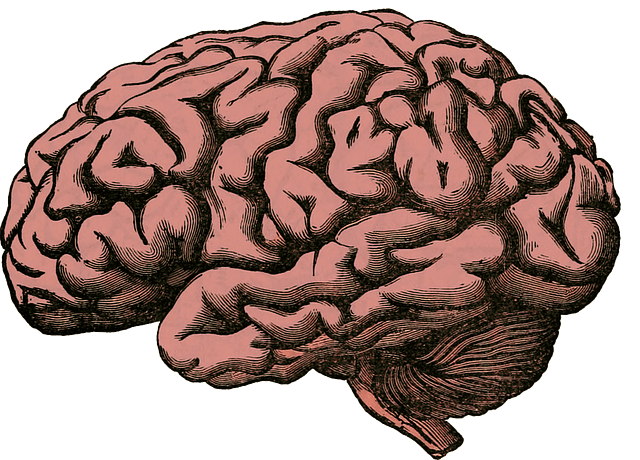What Does a Neurosurgeon Do?

A neurosurgeon is a very coveted title within the medical field and often attracts the question of “what does a neurosurgeon do?”. Well, we’re glad you asked, as we like to provide our users with valuable resources to guide them through nearly every aspect of the neurosurgery experience. To answer the question of “what does a neurosurgeon do?”, we’ll first start with the basic interpretation of said question. A neurosurgeon, also known as a brain surgeon, is a doctor who specializes in the surgical treatment and management of conditions which affect the brain, spine and nervous system. Throughout this post, we’ll further explore the intricacies associated with the education of a neurosurgeon, which conditions they treat, where neurosurgeons typically work, and how to find the right neurosurgeon for you. Enjoy!
Educational requirements of a Neurosurgeon
The educational requirements to become a neurosurgeon are quite intense. After all, they’re performing surgery on the most valuable component of the human body; the brain. Due to the much more detailed involvement neurosurgery requires, a neurosurgeon must truly possess the right skillset in order to be successful at what they do. Below is a list of what your neurosurgeon most likely went through to become who they are today:
- Four years of pre-medical education at a college or university
- Four years of medical school resulting in an M.D. or D.O. degree
- One year internship in general surgery
- Five to seven years in a neurosurgery residency program
- Some neurosurgeons complete a fellowship after residency to specialize in a particular area
- Continuing education — annual meetings, conferences, scientific journals, research — to keep up with advances made in the complex field of neurosurgery
Which Conditions Do Neurosurgeons Treat?
Neurosurgeons will typically diagnose and treat conditions of the brain, spine, and nerves. Neurosurgeons also treat conditions resulting from impaired blood flow to the brain. Additionally, they may be involved in assisting with rehabilitation efforts and monitoring improvement if a patient suffers a stroke for example. The conditions neurosurgeons primarily treat consist of the following:
- strokes or bleeding on the brain (cerebral aneurysms)
- benign or cancerous brain and spinal tumours
- spinal conditions such as tethered spinal cords, herniated discs and osteoarthritis
- head, neck or spine injuries
- seizures, epilepsy and movement disorders
- neurological disorders such as Parkinson’s disease
- certain types of chronic pain
Where Do Neurosurgeons Typically Work?
Neurosurgeons will often work within a hospital environment or within their own private practice. They will also often collaborate with other medical professionals to ensure a patient has the best treatment options possible. Examples of this could be anything from working with a cardiologist if a patient has a stroke, to working with a critical care emergency team following a head injury. Neurosurgeons always want to help in any way they can and their expertise is vitally important in many cases.</p>
How to Find a Neurosurgeon for You
Finding the right neurosurgeon for you can sometimes be difficult, yet with our excellent team here at Neurosurgery & Spine Consultants of San Antonio, Texas; it doesn’t have to be. We have the expertise and experience you’ve been searching for within a neurosurgery practice and we want to see you back to health as soon as possible. Feel free to contact us to set up an appointment using the form on this page and we’ll be sure to reach out to follow up. We look forward to hearing from you soon!
DISCLAIMER: No content on this site, regardless of date, should ever be used as a substitute for direct medical advice from your doctor or other qualified clinician.